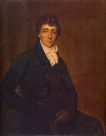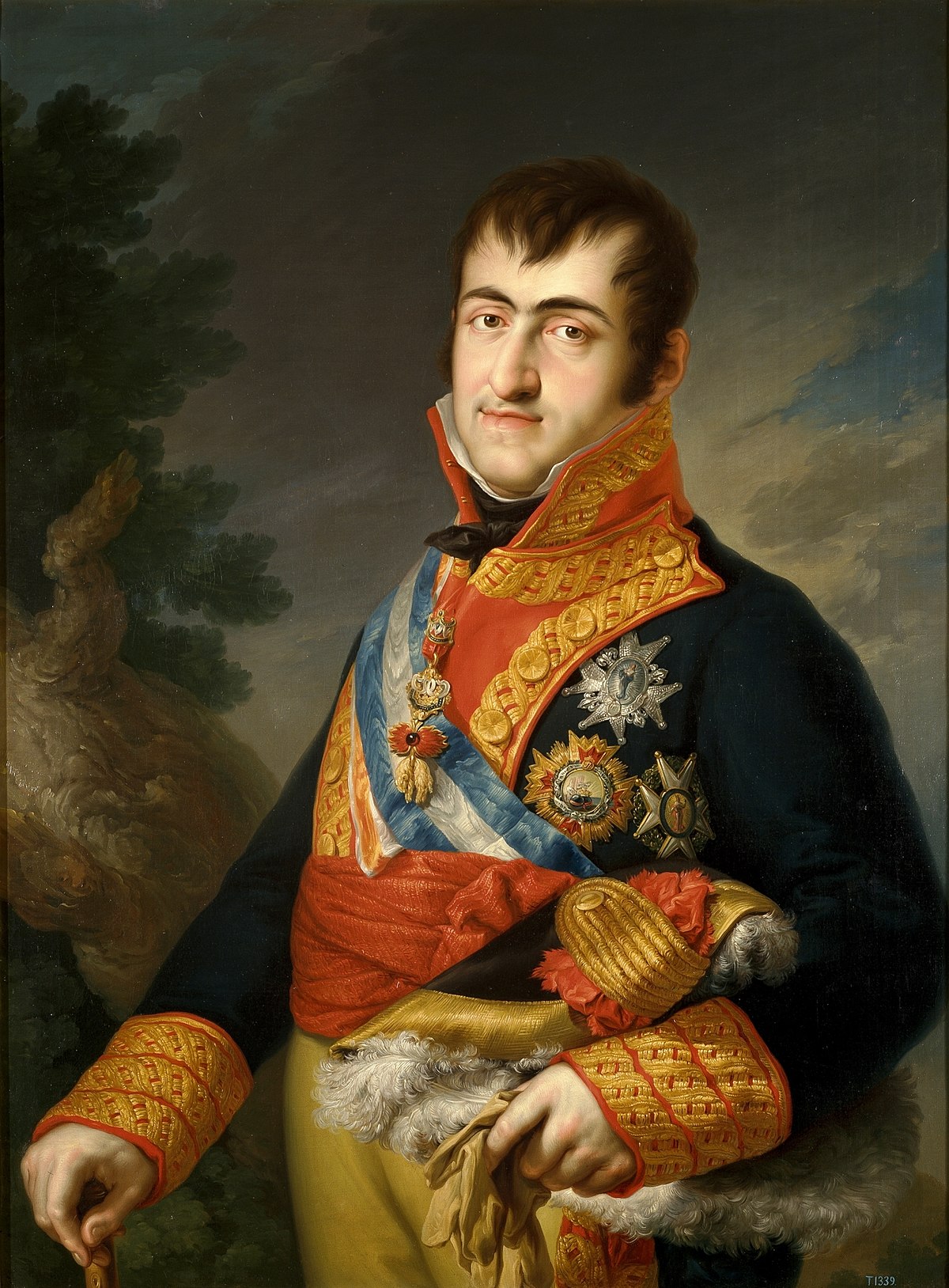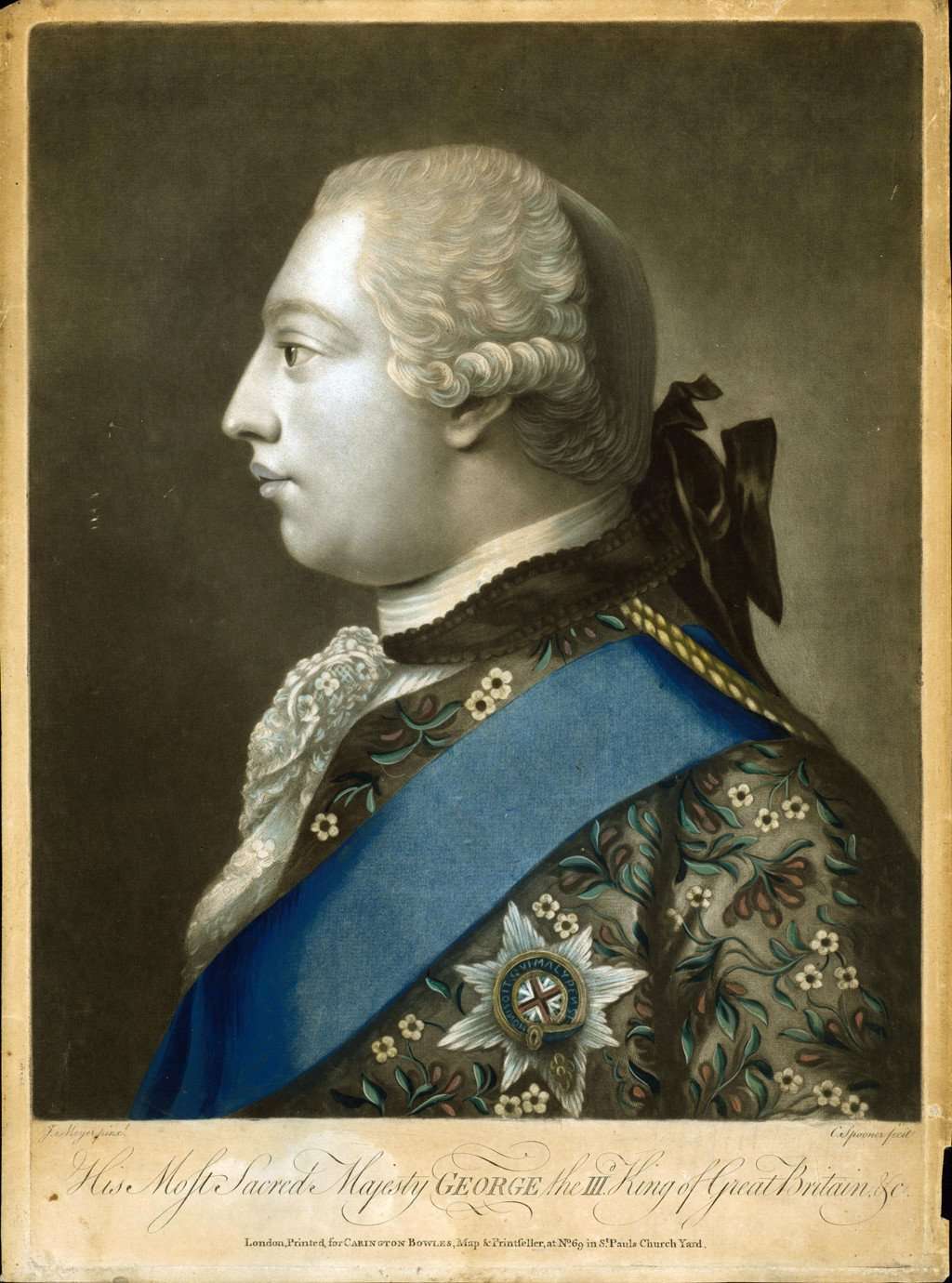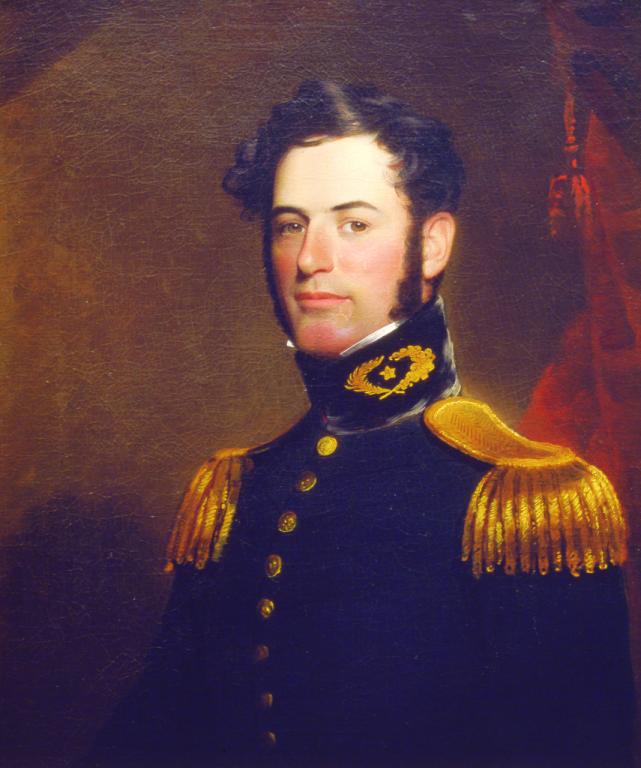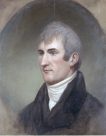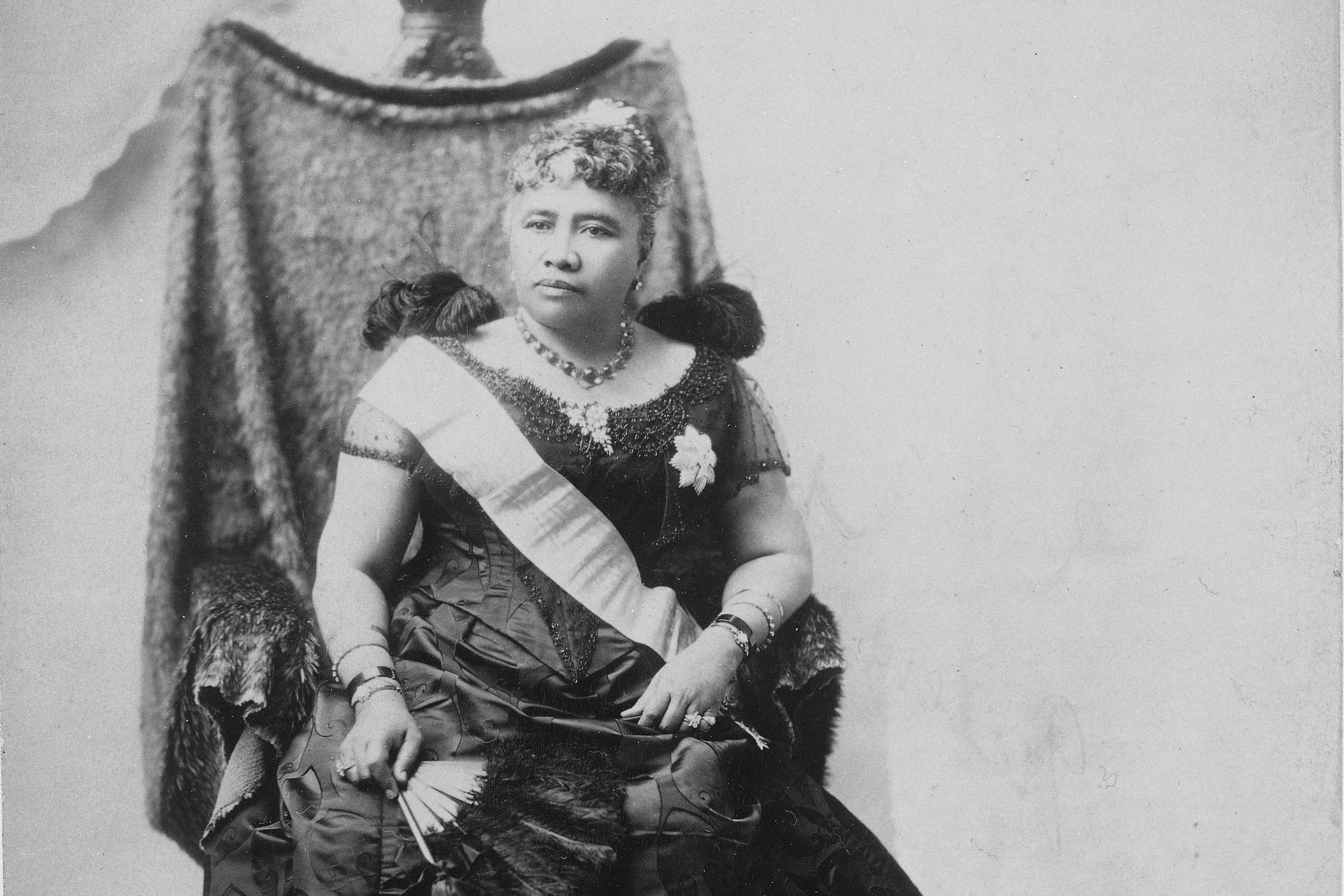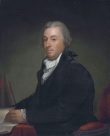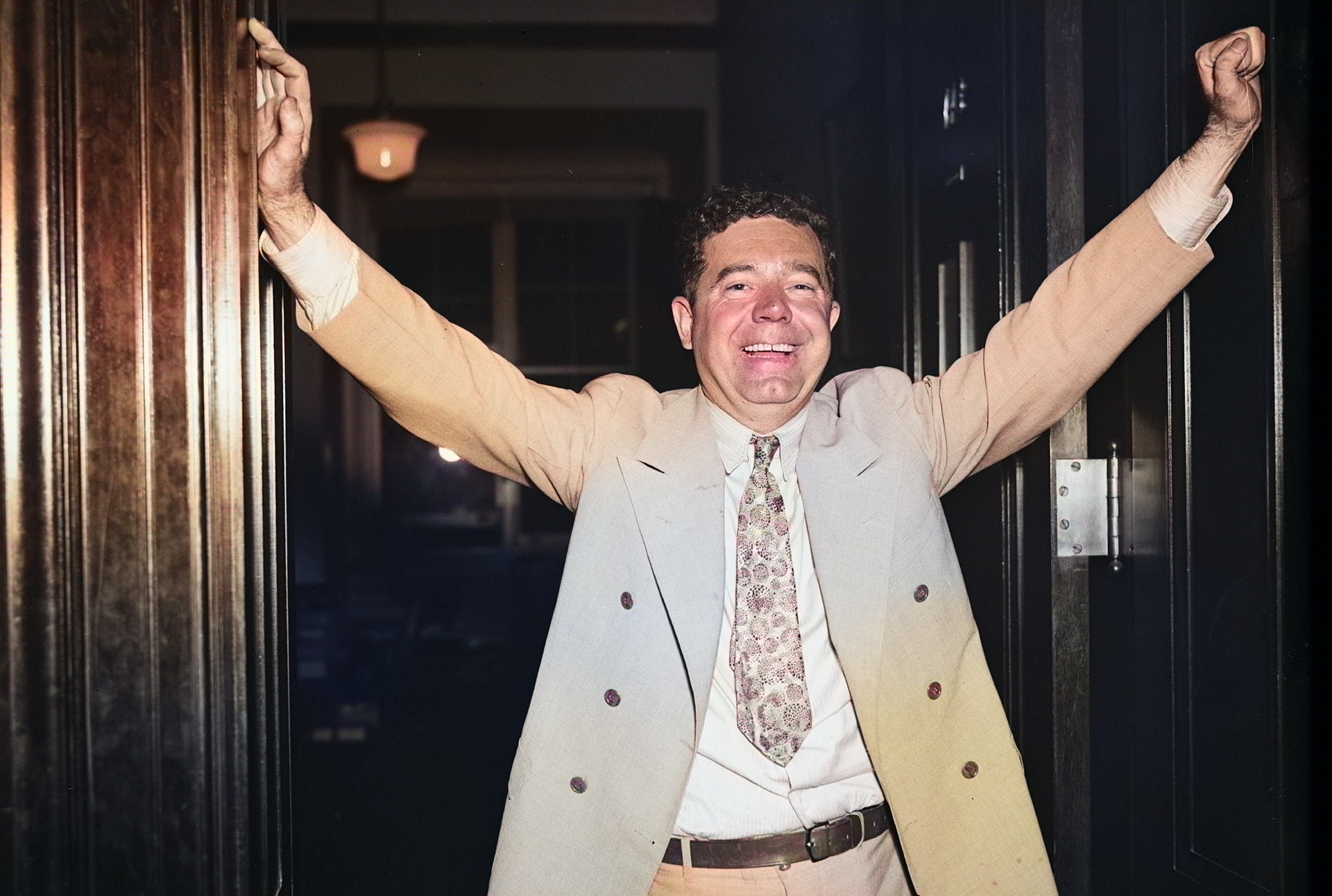Andrew Mellon
Andrew Mellon was a promient... financier, philanthropist, and politician who wielded immense influence over the United States' financial and cultural landscapes.
His story is one of success, innovation, but also of controversies that continue to fuel debates to this day.
Early Life and Rise to Prominence
Born in Pittsburgh, Pennsylvania, to a wealthy family, Andrew Mellon was groomed for success from an early age. His business acumen led him to amass one of the largest fortunes in America, which he further multiplied through shrewd investments and entrepreneurial ventures.
Major Contributions
Mellon's role as Secretary of the Treasury under three U.S. presidents dramatically shaped economic policies during the 1920s. He implemented tax cuts and federal budget reductions, fueling economic growth but also contributing to the inequality and financial instability that would later culminate in the Great Depression. Furthermore, Mellon was a dedicated philanthropist, responsible for the founding of the National Gallery of Art and supporting various educational and cultural initiatives.
Controversies and Complexities
While Mellon's financial policies brought short-term prosperity, critics argue that they also contributed to the conditions leading up to the Great Depression. His contentious role in the Teapot Dome Scandal further complicates his legacy, as does his focus on laissez-faire capitalism, which many view as prioritizing wealthy individuals and corporations over the welfare of the broader American public.
Public and Historical Perception
Although hailed as a financial genius during his time, Mellon's legacy has become a topic of scrutiny and debate among historians and economists, especially in light of the shifting attitudes toward wealth disparity and economic justice.
A Towering Figure
Andrew Mellon was undeniably a towering figure in American finance and politics. His influence continues to be felt, and his life serves as a testament to both the potential and the pitfalls of unfettered capitalism.
Biographica
Stephen Watts Kearny
Stephen Watts Kearny (1794-1848) WHO HE WAS: Stephen Watts Kearny was a U.S. Army officer, notable for his roles in the Mexican-American War, particularly his conquest of California. He served with distinction throughout his military career, earning the nickname “Father of the West” for his significant contributions to the expansion of the United States. WHAT HE SAID: “We have come amongst you to take possession of California in the name of the United States… My intentions are to occupy California for the United States, and establish a government with all the protection that is enjoyed by the citizens of the United States.” WHY HE MATTERED: Kearny’s actions during the Mexican-American War were pivotal in extending U.S. sovereignty over California and New Mexico, shaping the continental spread of the nation. His leadership and military tactics are key subjects of study in the context of American expansionism.
Francis Scott Key
Francis Scott Key (1779-1843) WHO HE WAS: Francis Scott Key was an American lawyer, author, and poet, most famously known for penning the lyrics to the United States’ national anthem, “The Star-Spangled Banner.” During the War of 1812, Key witnessed the bombardment of Fort McHenry by British ships in Chesapeake Bay, which inspired the iconic words he wrote in 1814. WHAT HE SAID: “And the star-spangled banner in triumph shall wave, O’er the land of the free and the home of the brave.” These words from Key’s famous poem echo the resilience and enduring spirit of the American people. WHY HE MATTERED: Key’s contribution to American culture is immeasurable; his poem set to music became a rallying cry for American patriotism and unity, eventually being adopted as the national anthem in 1931. His legacy endures every time “The Star-Spangled Banner” is performed.
King Ferdinand VII
King Ferdinand VII (1784-1833) WHO HE WAS: King Ferdinand VII was the King of Spain during a turbulent period of revolution and reconquest. His reign saw the Spanish colonies in America fight for independence, the invasion of Spain by Napoleonic France, and the consequential Spanish Constitution of 1812. WHAT HE SAID: “I am the king of Spain, and I can do as I please.” WHY HE MATTERED: Ferdinand’s decisions had far-reaching consequences, leading to political upheaval and colonial revolutions. His reign is marked by a legacy of resistance to liberal movements, the reversal of progressive reforms, and the eventual loss of most of the Spanish Empire in the Americas.
King George III
King George III (1738-1820) WHO HE WAS: King George III was the monarch of Great Britain and Ireland during the tumultuous period that included the American Revolution. He is often remembered for his role in the loss of the American colonies and his periods of mental illness, which led to the Regency era during the later part of his reign. WHAT HE SAID: “The die is now cast; the colonies must either submit or triumph.” WHY HE MATTERED: The reign of King George III saw significant changes in British imperial policy, which were directly instrumental in the American colonies’ push for independence. His leadership during the Napoleonic Wars also helped shape the course of European history.
Rudyard Kipling
Rudyard Kipling (1865-1836) WHO HE WAS: Rudyard Kipling was a prolific British author and poet known for his literary contributions that captured the essence of the British Empire. His works, including “The Jungle Book” and “If-,” offered insights into themes of imperialism, national identity, and human nature. WHAT S/HE SAID: “If you can keep your head when all about you are losing theirs and blaming it on you, if you can trust yourself when all men doubt you, but make allowance for their doubting too…” WHY S/HE MATTERED: Rudyard Kipling’s writings reflected the complexities of his time, engaging with issues of colonialism and identity. His legacy invites reflection on the impact of literature in shaping perceptions and fostering dialogue about society and culture.
Robert E. Lee
Robert E. Lee (1807-1870) WHO HE WAS: Robert E. Lee was an American Confederate general best known for commanding the Confederate Army of Northern Virginia in the American Civil War from 1862 until his surrender in 1865. A top graduate of West Point, Lee’s military tactics are still studied, and he remains a controversial figure in American history. WHAT HE SAID: “It is well that war is so terrible, otherwise we should grow too fond of it.” WHY HE MATTERED: Lee’s leadership in the Confederate army made him an iconic figure of the American South. His strategic decisions during the Civil War, particularly in battles such as Antietam and Gettysburg, have been both praised and criticized. His eventual surrender to Ulysses S. Grant at Appomattox Court House marked a symbolic end to the conflict.
Meriwether Lewis
Meriwether Lewis (1774-1809) WHO HE WAS: Meriwether Lewis was an American explorer, soldier, politician, and public administrator, best known for his role as the leader of the Lewis and Clark Expedition. His journey alongside William Clark stands as one of the most remarkable exploratory missions in American history, mapping and making a passage to the Pacific Coast. WHAT HE SAID: “I could but esteem this moment of my departure as among the most happy of my life.” Lewis’s words reflect the spirit of adventure and discovery that characterized the epic journey across the American continent. WHY HE MATTERED: Lewis’s exploration significantly contributed to the expansion of the United States and provided valuable information about the western territories. His efforts alongside Clark’s helped to open up the American frontier to further exploration and settlement.
Queen Liliuokalani
Queen Liliuokalani (1838-1917) WHO S/HE WAS: Queen Liliuokalani was the last monarch and only queen regnant of the Kingdom of Hawaii. She assumed the monarchy after the death of her brother, King David Kalakaua, in 1891. WHAT S/HE SAID: Hawaii for Hawaiians WHY S/HE MATTERED: Queen Lilíuokalani was the sitting monarch at the time of a coup which, ultimately, resulted in a new government. The administration of Grover Cleveland commissioned the Blount Report, and based on its findings, concluded that the queen’s overthrow was illegal, and that U.S. Minister Stevens and American military troops had acted inappropriately in support of those who carried out the overthrow. Nonetheless, Lilíuokalani was imprisoned in 1895 and ultimately abdicated her throne in return for the release of her jailed supporters.
Abraham Lincoln
Abraham Lincoln (1809-1865) WHO HE WAS: Abraham Lincoln, the 16th President of the United States, is revered as one of the nation’s most iconic leaders. Born in a log cabin and largely self-taught, Lincoln rose from humble beginnings to guide the country through the Civil War, preserving the Union and emancipating slaves. His eloquence, wisdom, and moral fortitude remain benchmarks of presidential leadership. WHAT HE SAID: “Fourscore and seven years ago our fathers brought forth on this continent, a new nation, conceived in Liberty, and dedicated to the proposition that all men are created equal,” from the Gettysburg Address, encapsulating his vision of the nation. WHY HE MATTERED: Lincoln’s leadership during the Civil War and his commitment to principles of democracy and human equality changed the course of American history. His Emancipation Proclamation and efforts towards the passage of the Thirteenth Amendment laid the foundation for civil rights in the
The Contradictory Legacy of Charles Lindbergh: Aviation Pioneer and Controversial Figure
Charles Lindbergh soared into fame with his transatlantic flight but left a complicated legacy. This post delves into his life, achievements, and the controversies that surrounded him.
Robert Livingston
Robert Livingston (1746-1813) WHO HE WAS: Robert R. Livingston was a prominent American lawyer, diplomat, and statesman. He served as one of the Founding Fathers of the United States and was a key figure in the drafting of the Declaration of Independence. Later, as the U.S. Minister to France, he negotiated the Louisiana Purchase, effectively doubling the size of the United States. WHAT HE SAID: “We are to consider ourselves as laying the foundation of a great empire.” This quote from Livingston captures his foresight and belief in the expansive potential of the United States. WHY HE MATTERED: Livingston’s contributions were not limited to his diplomatic successes; he also played a significant role in early U.S. politics and legal frameworks. His work in negotiating the Louisiana Purchase alone marks him as a pivotal figure in the growth of the nation.
Huey Long
HUEY LONG (1893-1935) WHO S/HE WAS: Jane Addams devoted her life to social and political reform and to the betterment of the economic condition of the masses. She worked for women’s rights, to help the poor and to stop the use of children as industrial laborers. She founded Hull House in Chicago, a center which helped immigrants in particular. After the outbreak of World War I, Addams tried in vain to get President Woodrow Wilson to mediate peace between the warring countries. Later, she spoke out loudly against America’s participation in the war and against the peace treaty forced on Germany following the conflict. She warned, presciently, that it’s terms were so humiliating that it would lead to a German war of revenge. WHAT S/HE SAID: In 1899, in the wake of the Spanish-American War, Addams spoke-out against American imperialism: “To ‘protect the weak’ has always been the excuse of


